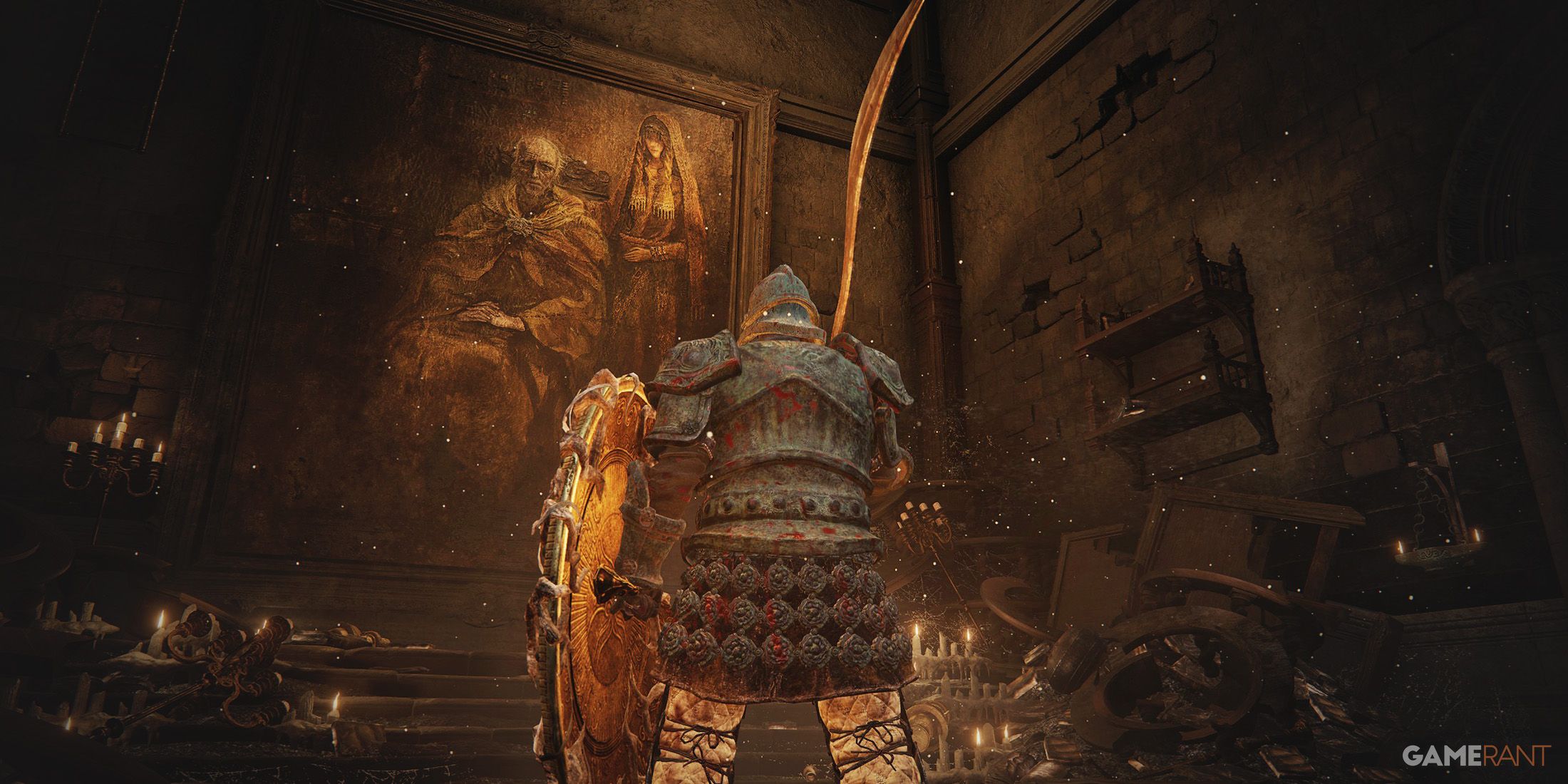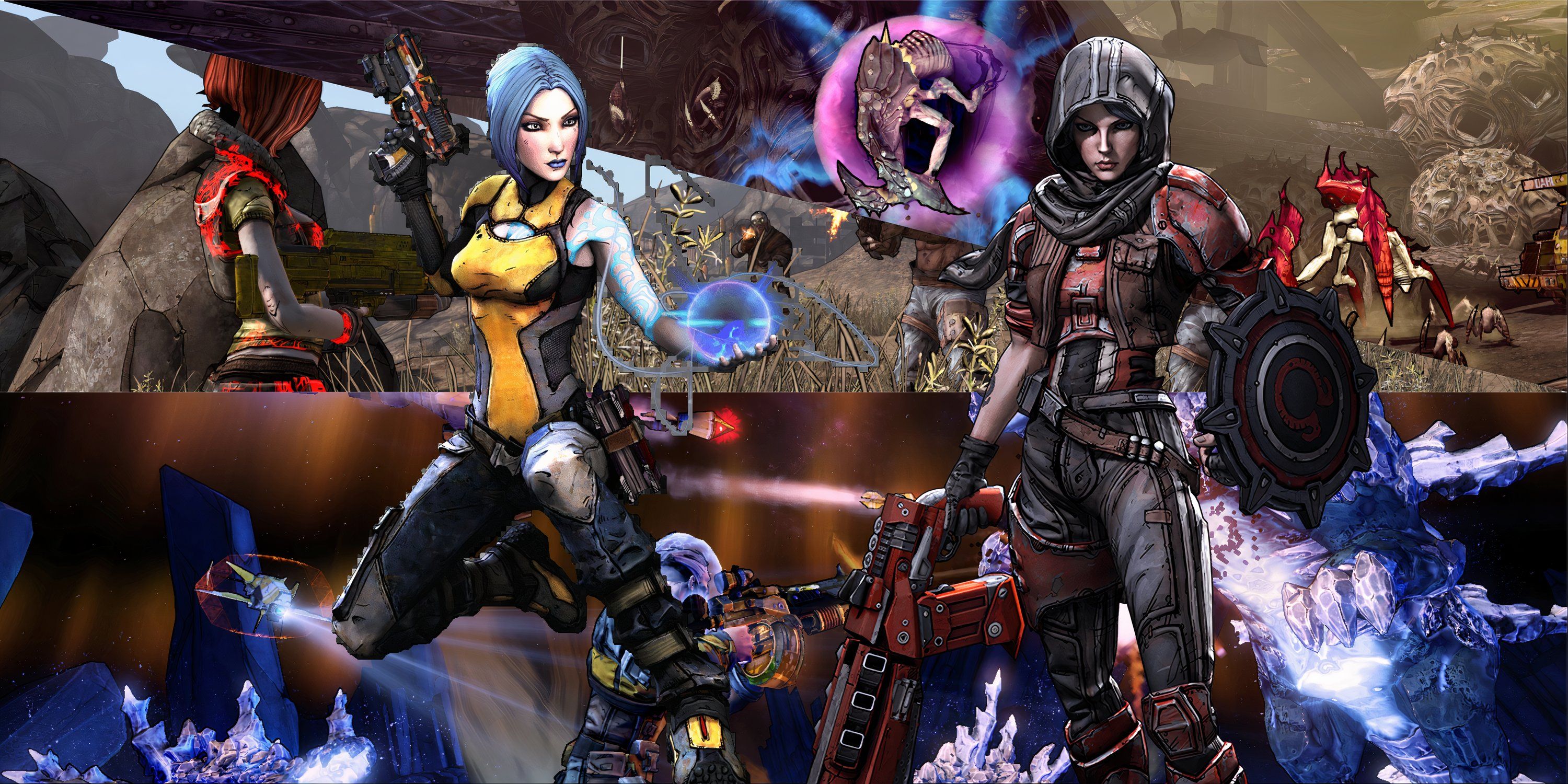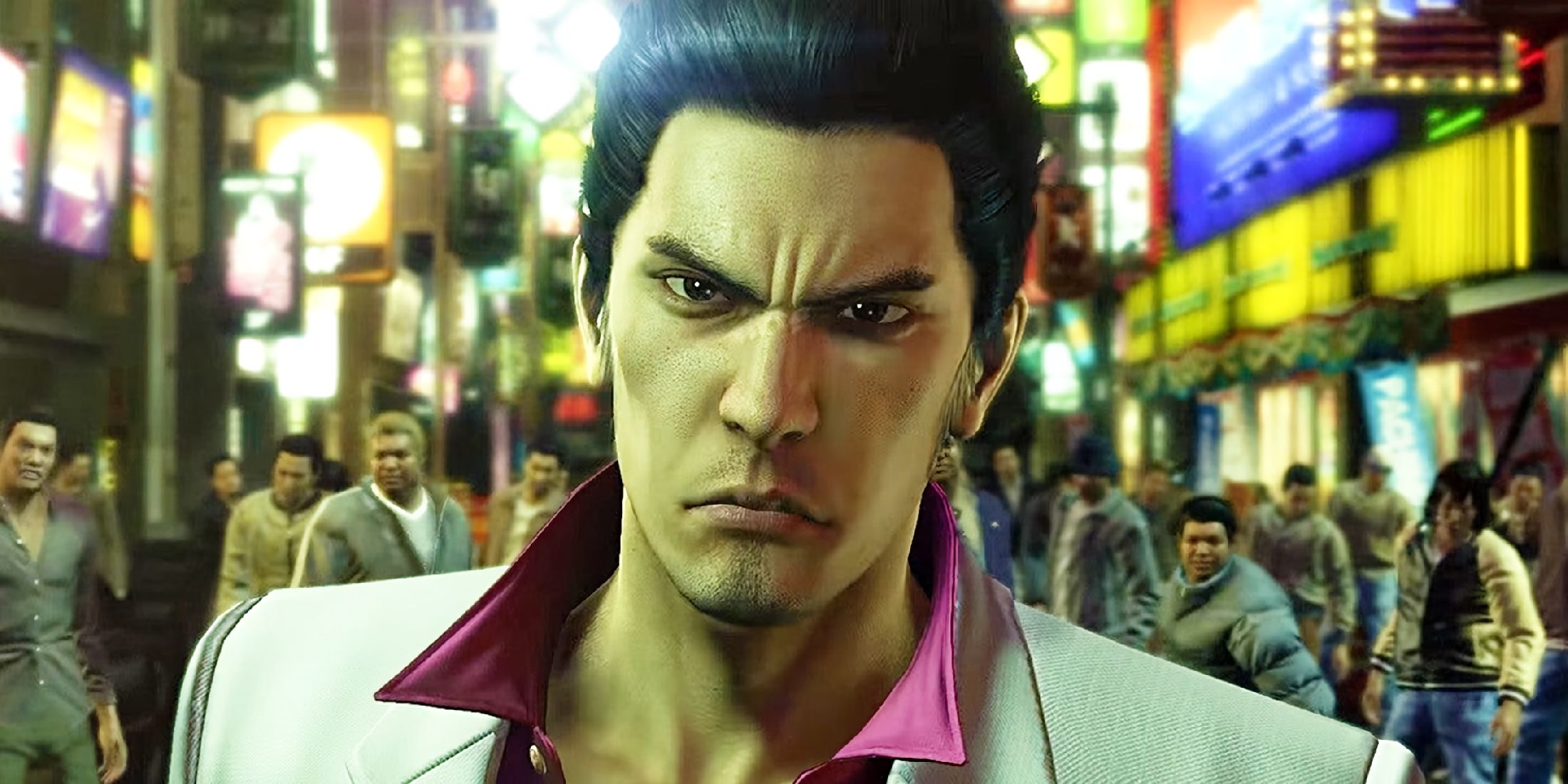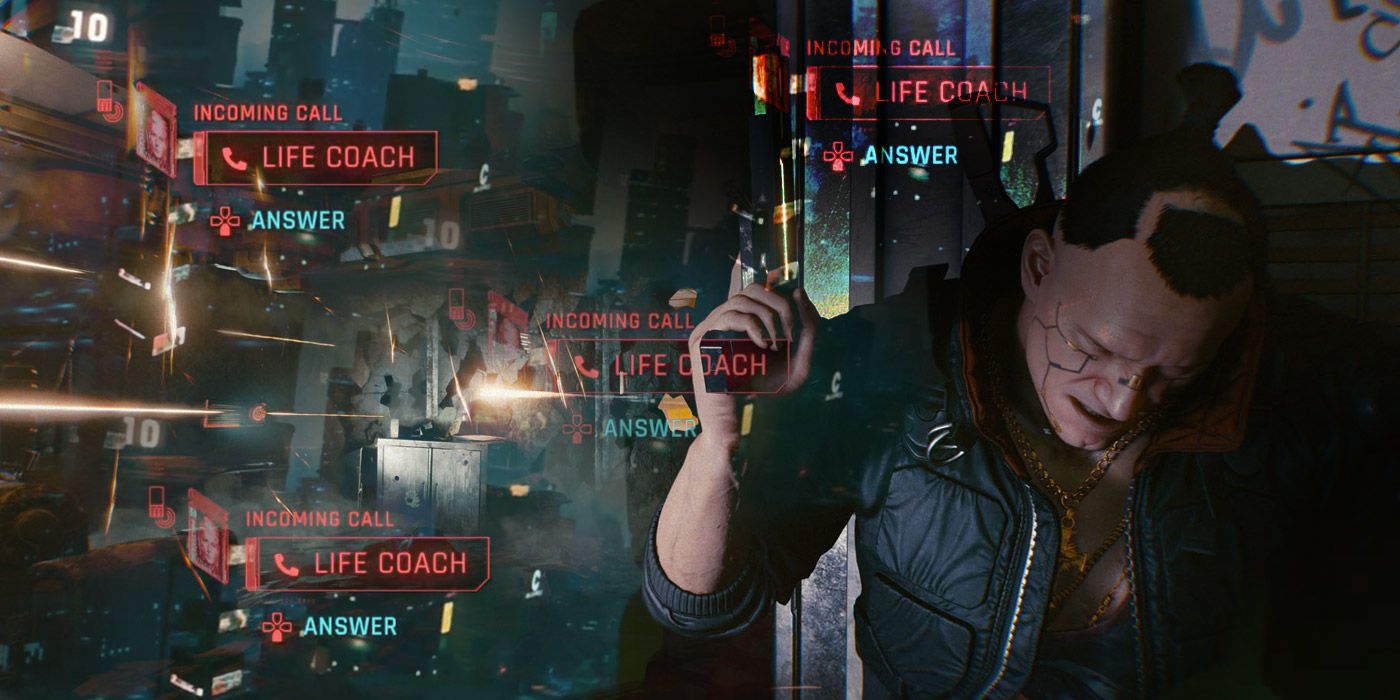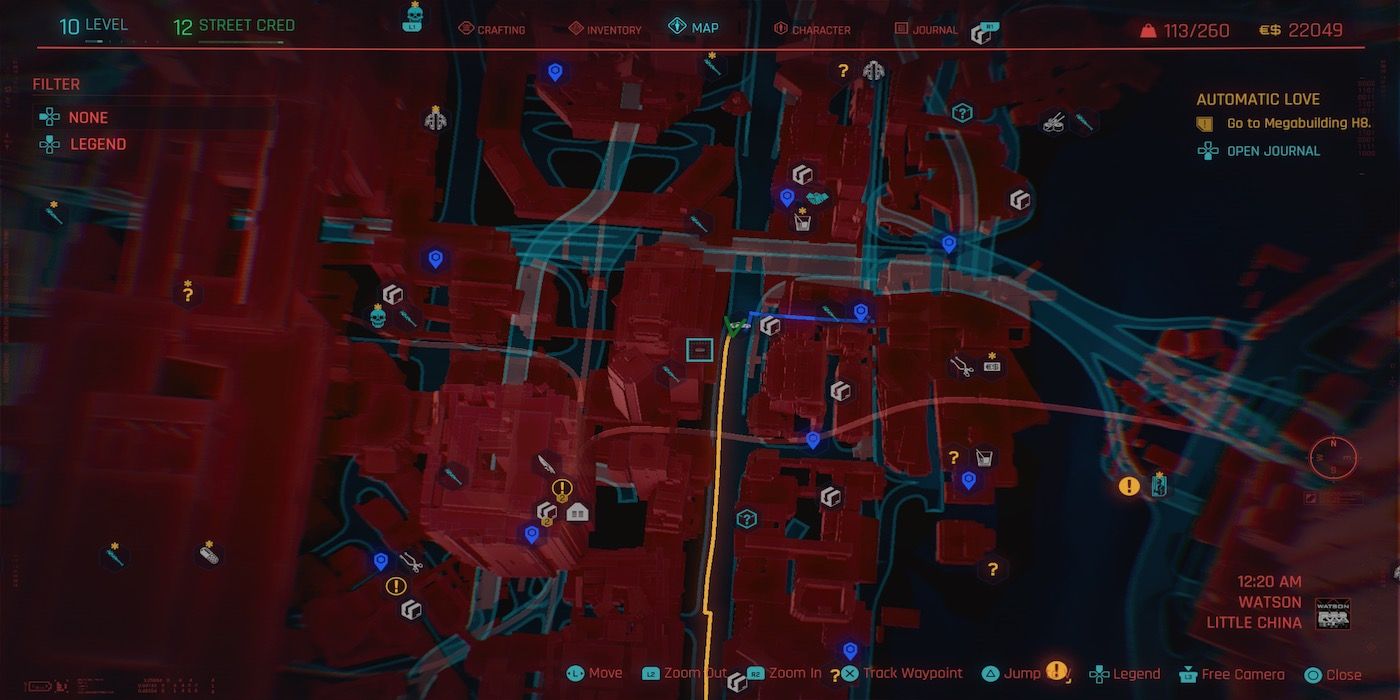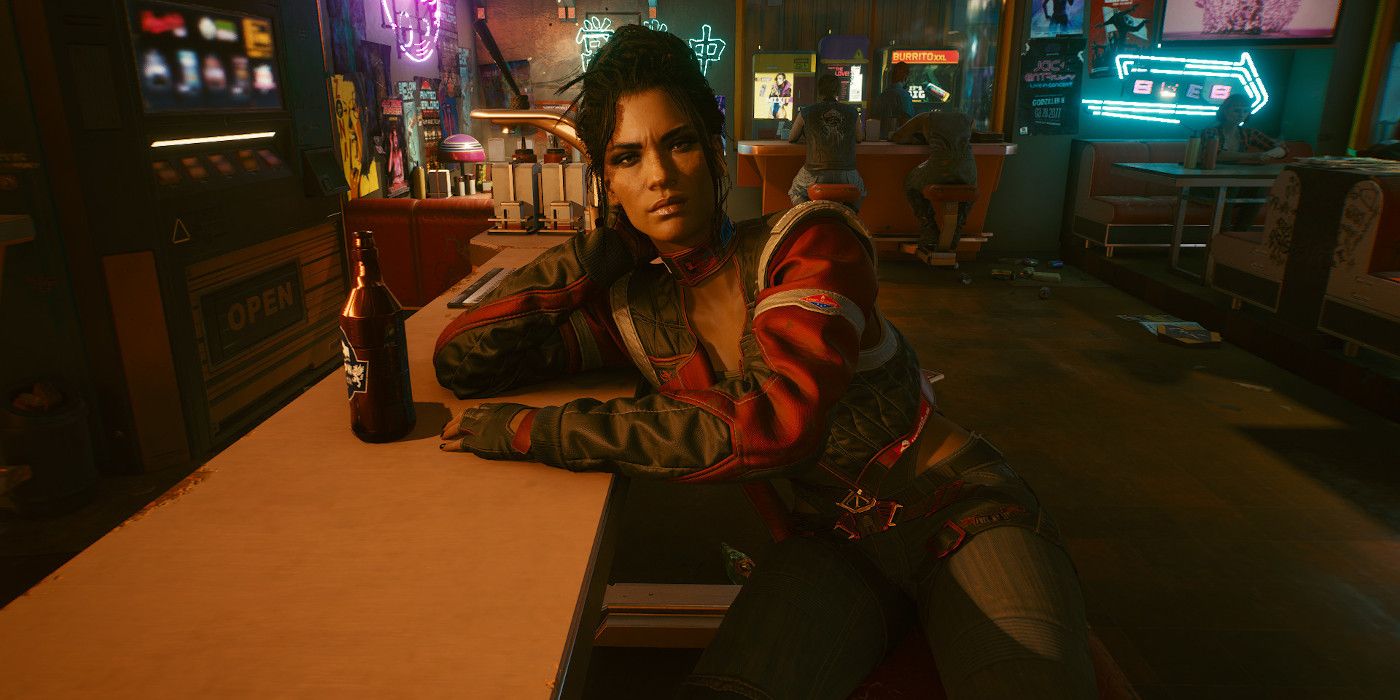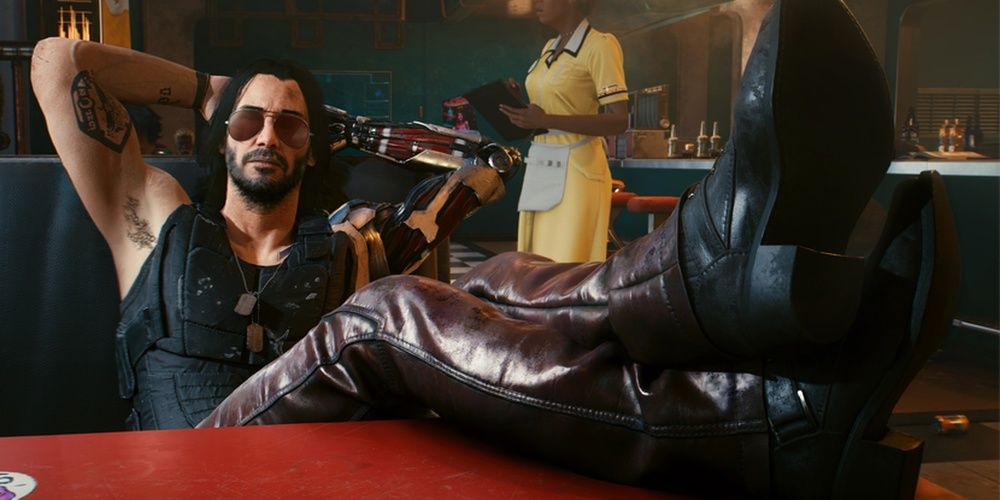Picture this: A new street kid once again sets foot in Cyberpunk 2077's Night City after a short detour in Atlanta. Starting fresh, they've spent the next few months working hard to finally gain some street cred. They befriend a charismatic mercenary named Jackie Welles, and together they become two partners in crime, doing jobs and increasing their reputation. That street kids saves up enough cred to get a new apartment, and they've finally "made it." After some well deserved rest, they step outside, players take control after a long montage, and then they're inbox is filled by messages and phone calls from random fixers who players haven't even met yet.
This beginning bombardment sets an annoying precedent for just how strangely Cyberpunk 2077 handles most of its side quests. Consistently throughout each playthrough, regardless of the life path chosen, V receives calls and text messages left and right from seemingly random avatars. These are fixers and other characters the player hasn't even been properly introduced to, and yet they're all calling up V like they know them well. Even after Cyberpunk 2077's lengthy prologue, this problem only gets worse as the game repeatedly reminds players that this is an open world RPG, as if desperately trying to convince players that they should keep playing.
Cyberpunk 2077's Primary Method of Introducing Side Quests
A prime example early on is Regina Jones. After players unlock V's apartment for the first time, they exit and are immediately called by Jones, this character players have never met before. Her reasoning for knowing V's phone number is basically a cop out, saying she knows how to get "intel," and then she offers a job. In a way, Cyberpunk 2077 introduces side characters and their associated quests like it's some kind of interview. The dialogue is framed like they're trying to convince the player to help them, even though the protagonist is a literal mercenary whose job is to accept contracts from them.
Various forms of convincing lines are given by "X" character to get V to help them, and then players are left to their own devices to find that associated side quest on the map. Now, to be fair, a lot of RPGs frame side quests in this fashion: that NPC is aware of this player's actions, uses that to leverage favor (side quest), then players are supposed to be "convinced" to help them. That's a totally fair approach to enabling side quests, but that's usually based on an in-game interaction or event that occurs. Apparently all the NPCs in Cyberpunk 2077 just have V's phone number, and then some lifeless avatar of that character speaks and moves like a ventriloquist act.
V's Phone Undermines the Impact of Cyberpunk 2077's Character Work
In some regards this is a nitpicky criticism of Cyberpunk 2077, especially when there's a litany of other performance issues in the game at launch. However, for a game that genuinely handles face-to-face interaction and dialogue with supporting actors quite well, the over-reliance on the cell phone is unusually jarring. The kind-of lifeless avatars that show a fraction of emotion compared to the in-person scenes becomes far less compelling. Especially when cell phone conversations are used so ubiquitously throughout the game, whether it's for main quests or side missions, it undermines the actors' performances at every angle.
Unless the player is particularly invested in whomever V is speaking to, it's hard not to glaze over when being inundated with phone call conversations all the time. Even worse is when players are in the middle of something, and V will just automatically answer the call from an important story character. Then players have to juggle whatever they were doing alongside potentially important dialogue choices over the phone, which in many cases involves the same input. Granted this doesn't encompass every possible side quest in the game, but a large majority of them are offered or introduced through phone calls (or even worse, text messages).
A Cheap Way to Handle Side Quests
In any fairness, this is clearly both a stylistic and functional choice for Cyberpunk 2077's gameplay experience. In a world like the futuristic Night City, media and communication are all inter-connected far beyond our current society, at least conceptually. The game's potentially using phone and text conversations to hammer home the concept that "everyone's busy," and that people throughout Night City are always juggling five things at once. Plus, functionally it doesn't necessarily lock players out of doing certain side quests that they may have missed during a playthrough, whether it's because they missed a certain conversation or environmental trigger by accident.
Regardless, it does lose some of the impact on the introduction of side quests, making things a bit more monotonous. Phone conversations and texts eventually toss side quests into the ever-growing quest log in the game, and are promptly forgotten by players unless they're actively searching for that quest. For a game so obsessed with trying to get players to explore Night City and find quests (and in many cases does that quite well), relegating numerous other quests to background conversation cheapens the experience significantly.
Cyberpunk 2077 is available now on PC, PS4, Stadia, and Xbox One, with PS5 and Xbox Series X versions releasing in 2021.

